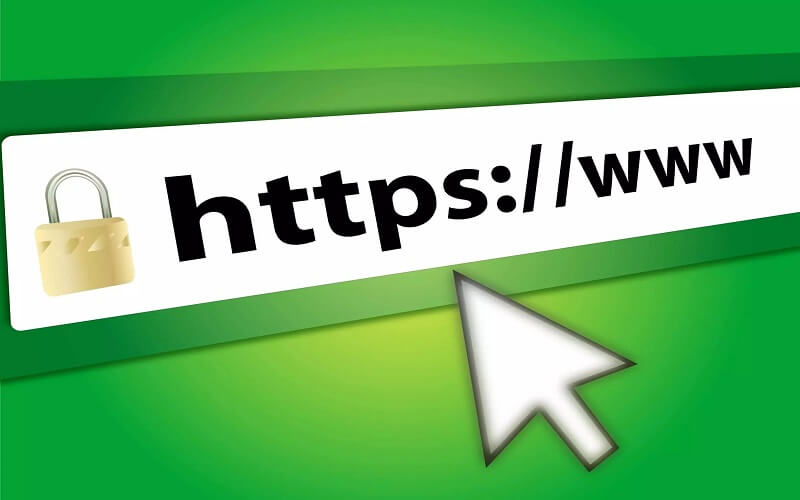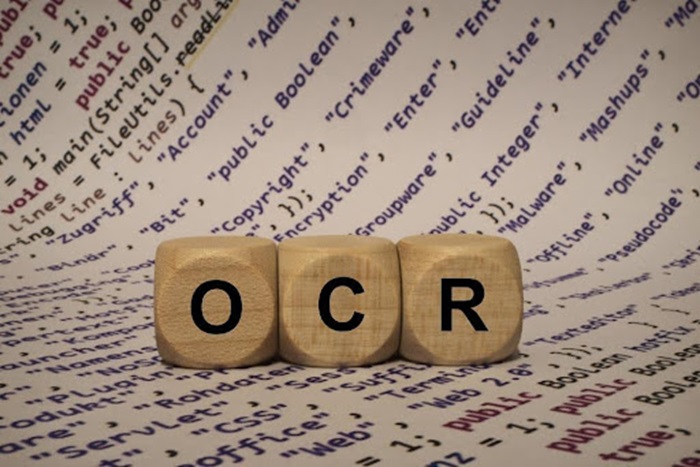
With the cost of cybercrime rising every year, the need for online security is now a matter of life against death for site owners who want to retain the trust of their clients and users.
If the estimations we have today are anything to go by, we are going to have a multitrillion-dollar hacking “industry” by the time we hit 2019.
But how do you keep yourself safe from such vicious criminals? One of the biggest pillars of online security you can resort to is getting an SSL certificate.
But before you settle for a particular SSL, you need to ensure it is the right choice for your website. That is why this post will focus not just on a certificate, but rather, the right one for your site.
Currently, the need for online safety is so grave the even Google is wading into the whole issue. For instance, they are rewarding websites that use SSL with a higher ranking.
At the beginning of this year, Google took the game to another level by threatening to flag sites that are not secured by HTTPS as “not secure.” This kind of flagging will alert users to the fact that the sites they are about to visit and interact with are not secure.
This new push should make serious website owners rethink their online security plans.
So, what is the difference between SSL certificates?
Initially, we emphasized the need for getting the right certificate for your website. However, I would like to clarify this point by pointing out that the appropriateness of a certificate does not depend on how more or less secure it is than another certificate.
The difference comes in based on the unique requirements the solution meets using its distinct features.
Let us look at these five types of ordinary and premium SSL certificates available on the market today.
Single domain certificates
Just as their name suggests, these types of certificates protect a single domain. This provision means that if you have other sub-domains on your site the certificate will not cover them.
For example, if your web address is www.mysite.com, any other sub-domain like mysely.mysite.com will remain outside the security umbrella. This solution will work perfectly for you if you are running a simple website that mainly features content.
Multi-domain certificates (SAN)
These domains mean exactly what their names imply—they can protect several domains. If you have several sites you need to secure, then this type of security will work best for you.
Additionally, they are flexible enough to cover websites that could go away or do not yet exist. However, these certificates have a limit to the number of sites they can secure.
Wildcard certificates
On the other hand, Wildcard certificates secure all the sub-domains on a single hostname of the website. For example, if you have a site address that reads www.myfamily.com, a RapidSSL Wildcard certificate will cover other sub-domains such as login.myfamily.com or kids.myfamily.com. With a Wildcard, you can bring your main site and all its subsequent sub-domains under one cover of protection.
Organization-wide certificates
These types of certificates verify the identity of an organization and information such as its physical address. These certificates work like single-domain certificates. However, they protect more content-based sites that do not require payment options or have e-commerce provisions. In addition, they are useful in confirming and verifying other critical details relating to the organization.
Extended validation certificates
In theory, many people term them as the securest form of SSL option on the market today. This perception is caused by the fact that these solutions perform extra organization validation.
In addition, they verify the domain and double-check the legal incorporation of the enterprise. That is why it takes several days or even weeks to issue them. In addition, they allow site visitors to see a green address bar on most of the modern browsers like Google’s Chrome.
In most cases, companies pay to make their sites more credible and reputable in the eyes of their visitors and customers. If you are looking to secure a large organization such as a government entity, then these solutions are an ideal choice.
Securing your website with HTTPS is fast becoming a must-have requirement for business and site owners. The benefits and risks are grave because they affect both the site users/visitors and owners.
But you need to exercise due diligence so that you don’t just get a certificate, but rather, one that has all the features and capabilities that will meet your needs for online security.
With these facts at your fingertips, you are a step ahead in securing not just your site, but also, the trust and loyalty of your visitors and customers.











[…] rybelsus 3 mg […]
[…] viagra 25 mg price […]
[…] clomid 50 […]
[…] buy cialis 5mg […]
[…] viagra 25 mg sildenafil citrate […]
[…] viagra 25 mg for sale […]
[…] libido boosting herbs for men with ginseng […]
[…] generic cialis online […]
[…] sildenafil 50 mg coupon […]
[…] 10mg cialis daily […]
[…] blue cialis pill […]
[…] when will there be a generic cialis […]
[…] viagra 100mg price […]